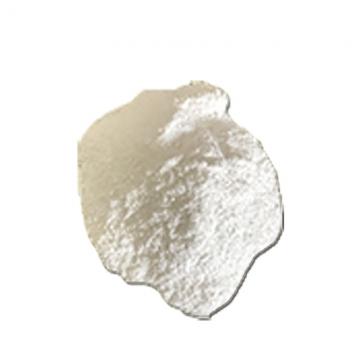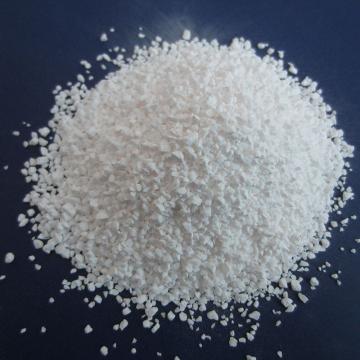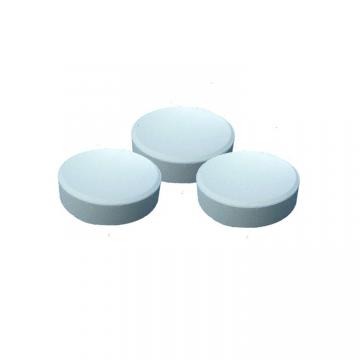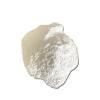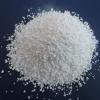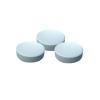Product Description
chlorine tablets(Trichloroisocyanuric acid or TCCA) is a disinfectant which has the advantages of spectrum, high efficiency, low toxicity, safety, safe use, stable storage and convenient transportation. It is mainly used for disinfection, sterilization, bleaching, descaling, deodorization, deodorization, wool shrinkproof, rubber oxidant, leather surfactant, etc. It is especially suitable for public swimming pool and family swimming pool.
Mainly used in these field:
Comprehensively used in toxic gas purification, gas processing, industrial and domestic water purification, solvent recovery etc. The establishment of standards related to tobacco use activated carbon industry companies to develop activated carbon composite filter rod has important guiding significance. Formulation of activated carbon industry, domestic and international standard query case: Performance activated carbon filter production process requires suppression of dust generated, so we hope to set a relatively high strength indicator. By a number of manufacturers of activated carbon filter rod production practice shows that dust suppression and protection from cutting blade considerations, making it easy for processing.
FAQ
Q1: Wonder if you accept small orders?
A1: Do not worry. Feel free to contact us .in order to get more orders and give our clients more convener ,we accept small order.
Q2: Can you send products to my country?
A2: Sure, we can. If you do not have your own ship forwarder, we can help you.
Q3: Can you do OEM for me?
A3: We accept all OEM orders,just contact us and give me your design.we will offer you a reasonable price and make samples for you.

E18 - Treatment by chlorination - Wikiwater
Chlorination is a simple and effective way to disinfect water in order to make it drinkable. It consists in introducing chlorinated products (chlorine tablets, bleach
Chlorination of Drinking Water - Water Research Center
Chlorination is effective against many pathogenic bacteria, but at normal dosage rates it does not kill all viruses, cysts, or worms. When combined with filtration,
Chlorination | Water Purification | Chlorine - WaterProfessionals
Typically, chlorine is added to public drinking water as the final stage of treatment, often following an upstream filtration step which removes sediment that can tie
Description of the Process - Chlorinated Drinking-Water
Prior to the successful widespread introduction of chlorination, water treatment techniques existed that included filtration, followed by chemical precipitation and
Water chlorination - Wikipedia
Water chlorination is the process of adding chlorine or chlorine compounds such as sodium hypochlorite to water. ... In particular, chlorination is used to prevent the spread of waterborne diseases such as cholera, dysentery, and typhoid
What is Chlorination? — Safe Drinking Water Foundation
Jan 23, 2017 - In order to combat waterborne diseases, different disinfection methods are used to inactivate pathogens. Along with other water treatment
Drinking Water Chlorination: A Review of Disinfection
During the treatment process, chlorine is added to drinking water as elemental chlorine (chlorine gas), sodium hypochlorite solution or dry calcium hypochlorite
Principles and Practices of Drinking-water Chlorination
Other drinking-water treatment processes may be required to effectively remove or inactivate protozoa, such as filtration or disinfection by ultraviolet (UV) light


